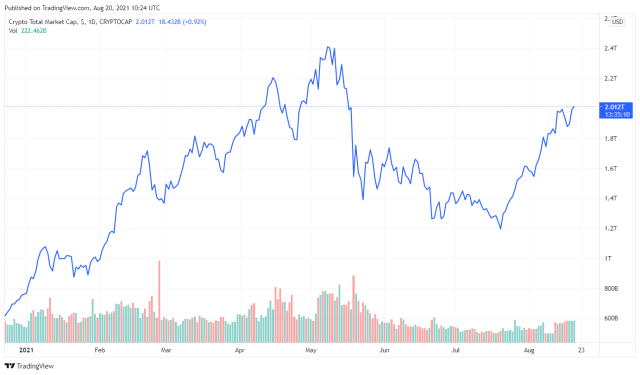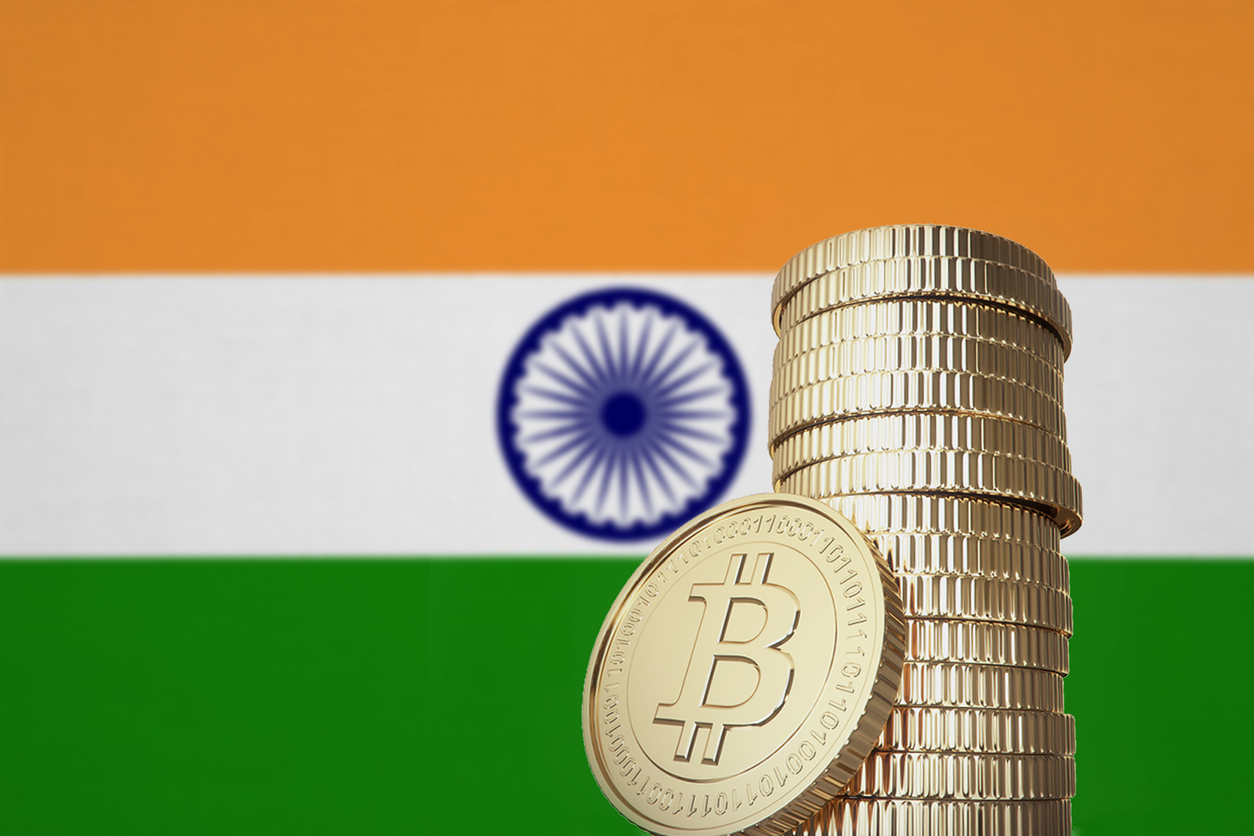
Countries in Asia, especially India, are outpacing the rest of the world when it comes to adoption of cryptocurrencies. A recent analysis of the markets by the research firm Finder has found that the top five countries in terms of crypto ownership are all located in Asia. Though these countries were considered as unimportant earlier, the recent study contradicts this and Asian countries now play an important role in the fintech sector.
Vietnam leads the adoption metrics with almost 40% of its population holding crypto and is followed by Indonesia, India, Malaysia and the Philippines respectively. Almost 30% of individuals surveyed in Indonesia and India stated that they held cryptocurrencies.
As per reports, India ranked second in a poll on countries that use cryptocurrencies the most. Meanwhile USA and the UK had the lowest proportion of holders, 8% and 9% respectively.
After the Supreme Court of India ruled out the reserve bank’s ban on crypto transactions, and along with crypto’s massive bull runs in the last year, there has been a massive increase in new users, especially retail traders. For example, one of the largest exchanges in the country CoinSwith Kuber has added around 8 million users in the last year.
Related Reading: India’s Supreme Court Nullifies Central Bank Crypto Trading Ban

Another popular crypto exchange in the country, WazirX, has also witnessed a massive growth of 2648 percent, especially from small cities and towns of the country and increasing participation from women than their urban counterparts.
These statistics are enough for any person to understand that crypto in India is going mainstream. The second most populated country in the world is well suited to receive cryptocurrencies positively with a infrastructure well suited for cheap reliable internet and a lockdown which has rather forced citizens and institutions to search for other sources of income. The exposure to cryptocurrencies is also encouraging people in understanding how the global money system works and talk about it, especially the ability of crypto to disrupt and bring innovation to a money system which is outdated for a digital globalized age.
TREND: Younger People Lead Adoption
Among the adoption trends seen in India and around the globe is the participation of younger people. According to survey firm Finders, youngsters between the age of 18 and 34 constitute more than 40% of crypto users throughout the world.
One of the reasons for this trend is the growth of digital services which make it super easy and accessible to buy, sell or trade in cryptocurrencies.
TREND: Small Towns And Cities Push Adoption
Tier 2 and 3 cities along with small towns in India have been leading cryptocurrency adoption in recent years. Some popular exchanges have boasted a growth of over 2000% from these regions.
Related Reading: Women From Small Towns Constitute 65% of Indian Cryptocurrency Sign-Ups
All of this comes midst a flurry of activity in India’s crypto sector, with the government’s Ministry of Finance busy working on laws and regulations for investors ready to put their money into crypto companies.
Crypto’s Future In India
In a recent poll by a global consultancy firm, it has been found that India can be one of the top leaders in crypto in the coming years, especially in the use case of it’s underlying blockchain technology, once the government and businesses start engaging with it in a bigger way.
At the moment of writing, it is estimated that there are a whopping 15 million Indians who have used cryptocurrencies or have invested in them. The sector has seen almost a fivefold growth, an increase from $923 million in April 2020 to $6.6 billion by May of 2021.
The government has been carefully developing it’s position on cryptos. Earlier in May, the Finance Ministry acknowledged that the world is evolving quickly in terms of technological advances in the Finance sector. Though it has also rejected the notion of a cryptocurrency becoming a legal tender, but rather has a favorable stance on looking at cryptocurrencies as an asset class.

Featured image from iStockPhoto, Chart from TradingView.com


















